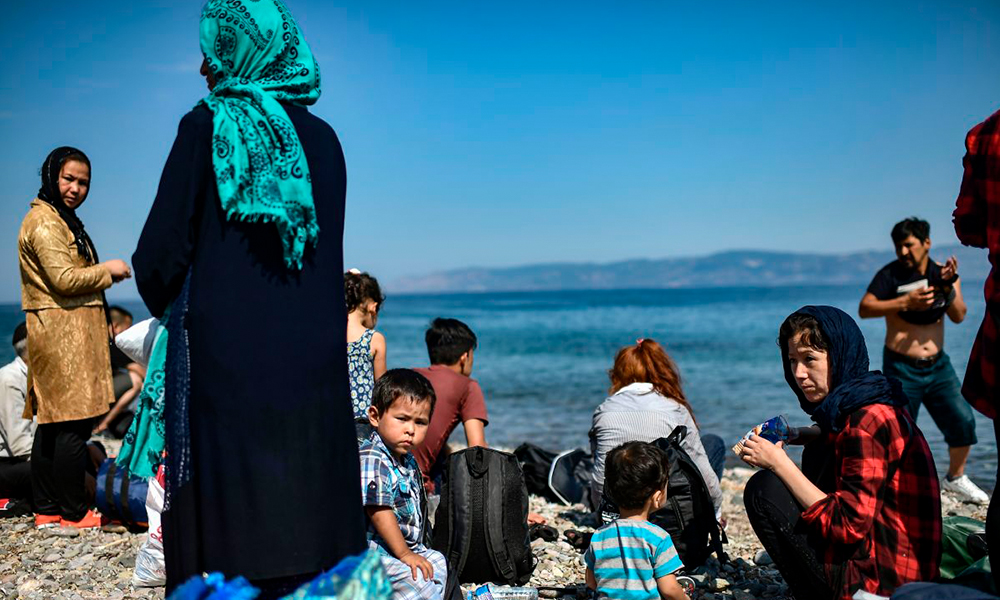
Afghanistan’s Ministry of Refugees and Repatriation (MoRR) says that an estimated 6.5 million Afghans are living as migrants or asylum seekers in about 70 countries.
Addressing a press conference on the occasion of World Refugee Day (June 20), Abdul Basit Ansari, a spokesman for the MoRR, said that Iran, Pakistan, and Turkey host the largest number of Afghan refugees.
“Currently, about 6.5 Afghans are living as migrants in more than 70 countries, and that most of them have migrated to Pakistan, Iran, and Turkey,” Ansari said.
He added that more than four million Afghans, have been forced to flee their homes due to ongoing clashes across the country.
Meanwhile, at an event organized by the Afghan government and the UN Refugee Agency (UNHCR) to mark World Refugee Day, President Mohammad Ashraf Ghani, reaffirmed the government’s strong commitment to enabling voluntary repatriation in safety and dignity, and sustainable reintegration of Afghan refugees.
“They are an integral part of Afghanistan and without them, the Afghan nation is incomplete”, Ghani said.
The UNHCR in a statement stated that Afghans constitute the world’s largest protracted refugee situation around the globe, with millions displaced at different time intervals.
According to the statement 2020 recorded about 132,700 Afghan refugees, though an overall reduction in numbers in 2020, Afghans still remain the third-largest population displaced across borders with a total of about 2.6 million refugees.
More than 85 percent of Afghan refugees are hosted in Iran and Pakistan, the statement noted.
“Afghan refugees and diaspora abroad have accumulated a wealth of human capital, skills, and assets with which they can play an important role in the nation-building, and reconstruction and development of Afghanistan,” President Ghani said.
Speaking on the occasion of World Refugee Day, Caroline Van Buren, UNHCR’s Representative in Afghanistan commended Government’s efforts in including returnees and displaced Afghans in the national priority programs particularly health, education, and livelihood sectors.
“Inclusion and addressing the vulnerabilities of returnees displaced population through coordinated and comprehensive area-based humanitarian and development investments to build the resilient communities is at the heart of our (government and UNHCR’s) strategies in Afghanistan,” she said.
